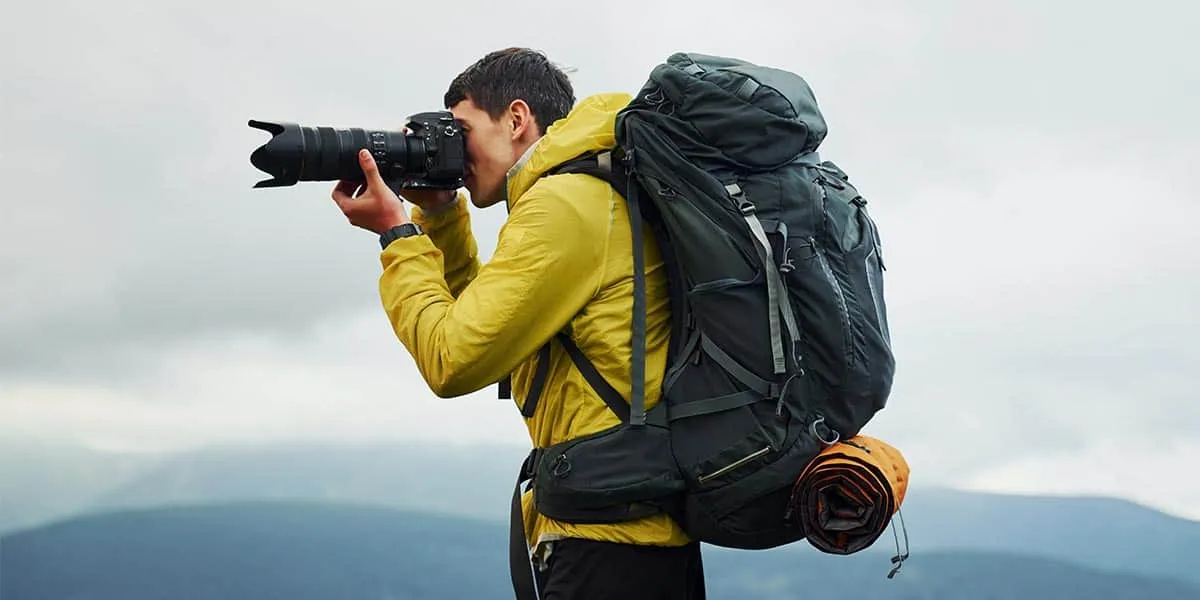loading...
Storks
Storks are a group of large wading birds with long legs, necks, and stout bills, classified under the family Ciconiidae and order Ciconiiformes, consisting of 19 living species across six genera. While they inhabit a variety of regions, they favor drier environments over the more aquatic herons, spoonbills, and ibises, and are known for their bill-clattering communication and migratory habits. Their diet is diverse, including frogs, fish, insects, earthworms, small birds, and mammals. Group names for storks include a muster or a phalanx. These birds are notable for their soaring flight that conserves energy, and some, like the marabou stork, rank among the land birds with the widest wingspan. Storks build large nests, often reused annually, and show a degree of monogamy; some may change mates seasonally or migrate alone. Their size, nesting loyalty, and prominence in many mythologies and cultures make them significant symbols across the world.
Although all stork species have been assessed for conservation status, gaps in knowledge about their habits suggest further research is needed. Storks vary in size from the smaller Abdim's stork to the towering marabou, with some dimorphism present in the sexes. Their bill shapes are highly adapted to their diets, from the generalist Ciconia to the snail-specialist openbills. Contrary to some reports, storks do have a syrinx and can make sounds, though not commonly.
Storks are nearly cosmopolitan in distribution, absent from polar regions, most of North America, and parts of Australia, with diversity hotspots in tropical Asia and sub-Saharan Africa. They adapt to a range of habitats, from wetlands to savannahs, and show varying degrees of migration, with some species undertaking long journeys to avoid winter.
In terms of behavior, storks are carnivorous, hunting a spectrum of animals, with methods adapted to their environment and prey. Breeding behaviors vary from solitary to colonial, and while some nest alone, others form large communities with different waterbird species.
Stork taxonomy indicates that their family is the sole group within their order, with a fossil record stretching back to the Oligocene, approximately 30-40 million years ago. Current comprehension of storks is limited, and more data is needed for accurate conservation assessments.
The etymology of the word "stork" is tied to Proto-Germanic, ancient Greek, and other language families, each denoting specific attributes or mythologies of these birds. In folklore and literature, storks are often associated with delivering babies and feature in various tales that highlight their characteristics and cultural significance.
Regions
Categories
All
Accentors
African & New World Parrots
Albatrosses
Anhingas, Darters
Auks
Austral Storm Petrels
Australasian Warblers
Barn Owls
Bearded Reedling
Bee-eaters
Buntings
Bushshrikes
Bushtits
Bustards
Buttonquail
Caracaras, Falcons
Cardinals & Allies
Cettia Bush Warblers & Allies
Chats, Old World Flycatchers
Cisticolas & Allies
Cormorants, Shags
Coursers, Pratincoles
Cranes
Crows, Jays
Cuckoos
Dippers
Ducks, Geese, Swans
Figbirds, Orioles, Turnagra
Finches, Euphonias
Flamingos
Frigatebirds
Gannets, Boobies
Goldcrests, Kinglets
Grassbirds & Allies
Grebes
Guineafowl
Gulls, Terns, Skimmers
Herons, Bitterns
Ibises, Spoonbills
Kingfishers
Kites, Hawks, Eagles
Larks
Laughingthrushes & Allies
Leaf Warblers & Allies
Longspurs, Snow Buntings
Loons
Mockingbirds, Thrashers
New World Quail
New World Sparrows
New World Warblers
Nightjars
Northern Storm Petrels
Nuthatches
Old World Parrots
Old World Sparrows, Snowfinches
Oropendolas, Orioles, Blackbirds
Ospreys
Owls
Oystercatchers
Pelicans
Penduline Tits
Petrels, Shearwaters, Diving Petrels
Pheasants & Allies
Pigeons, Doves
Plovers
Rails, Crakes & Coots
Reed Warblers & Allies
Rollers
Sandgrouse
Sandpipers, Snipes
Shrikes
Skuas
Starlings, Rhabdornis
Stilts, Avocets
Stone-curlews, Thick-knees
Storks
Swallows, Martins
Swifts
Sylviid Babblers
Thrushes
Tits, Chickadees
Treecreepers
Tropicbirds
Tyrant Flycatchers, Calyptura
Vireos, Greenlets, Shrike-babblers
Wagtails, Pipits
Wallcreeper
Waxbills, Munias & Allies
Waxwings
Weavers, Widowbirds
Woodpeckers
Wrens
Yellow-breasted Chat
Your birdwatching journey like never before
Connect with nature in minutes
Take a walk, look out of the window and log the birds that you see. Feel good about those little connections to nature.
Discover the joy of birding
Find new birding spots, see more birds, share and celebrate with a like-minded community of nature lovers.
Play your part in saving nature
Logging your birding sightings and sessions turns into positive action for our planet. Every sighting counts.


























